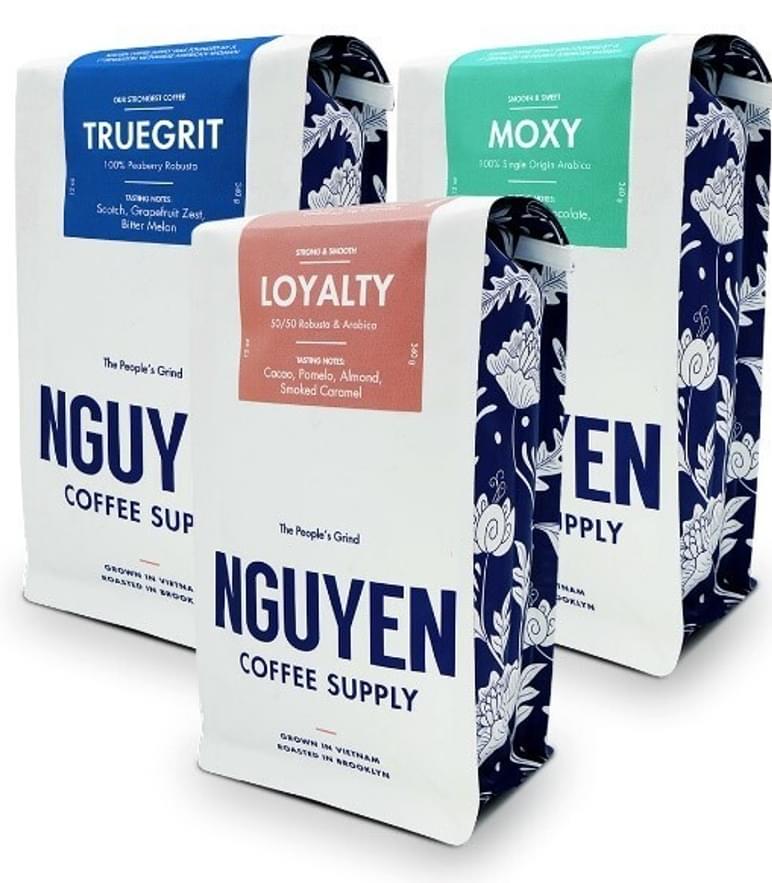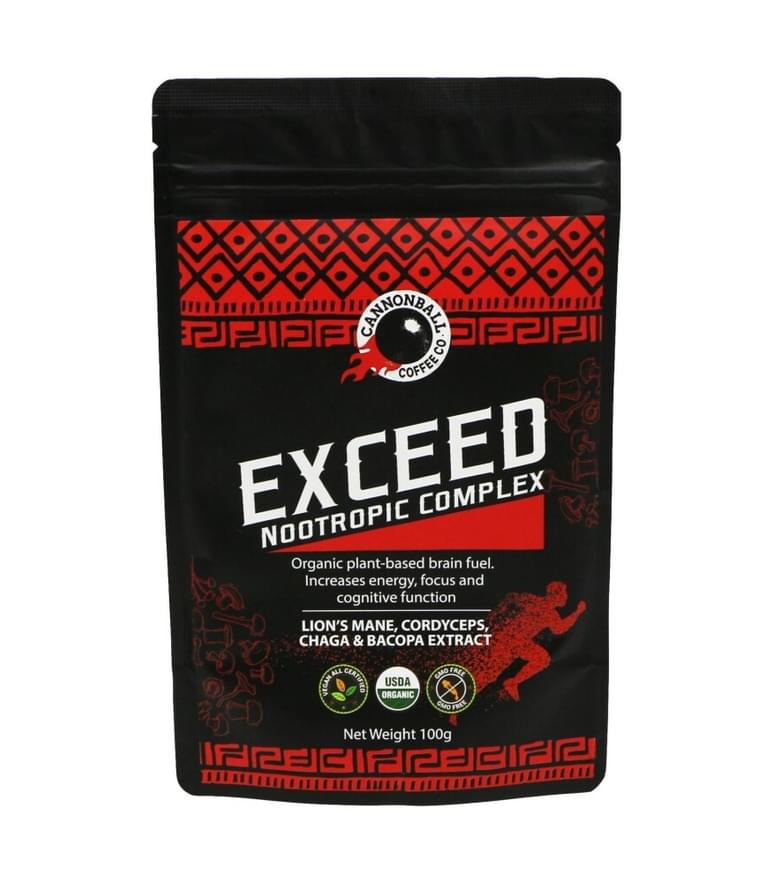Rethinking Robusta. Why your coffee is set to change.

Andrew Wardlaw
08 Feb, 2022 | 4 minutes
The price of coffee is soaring as suppliers contend with shipping bottlenecks. But it's worse than that. Climate change means that our coffee experience is subject to change. Luckily, a new breed of coffee entrepreneurs are coming to the rescue, writes Andrew Wardlaw, Chief Ideas Officer.
It’s the world’s most popular drink, with over 2 billion cups consumed every day. Which is why the current price hikes are so significant. Wholesale prices for Arabica and Robusta beans, which together represent 99% of the world’s total supply, have surged to their highest levels in over a decade.
Data shared by ‘The Grocer’ magazine in the U.K revealed that the shelf price for Nescafe Original Instant Coffee has jumped from £4.50 at the start of January to £6.00, with virtually every other option in similar ascent. It’s the same story the world over.
These price hikes are not just a response to a shortage of ships. It’s also because Arabica beans, which have delighted the taste buds of coffee connoisseurs for many years are being threatened by the climate crisis. The three largest Arabica producers, Brazil, Columbia, and Ethiopia are experiencing failing harvests – either through drought or freezing temperatures.
As insight portal WGSN points out ‘Arabica’s precarious position in the face of climate crisis will soon hit home with consumers, leading to growing demand for sustainable alternatives.’ In response, we are likely to see a ‘Robusta revival’. Robusta, as its name suggests is a more resilient bean that can grow in a variety of conditions. It represents about 40% of the world’s coffee supply and has an earthy, more bitter taste when compared to Arabica.
For coffee snobs, me included, Robusta is considered to be the lower cost (therefore) lower quality bean. We must be prepared to challenge these preconceptions and take a fresh look at this unloved bean.
Coffee roasters Adam + Russell acknowledge that Robusta is ‘typically known for its strong, harsh, deep flavour and high caffeine content. These characteristics are ideal for instant coffee.’
The great news for coffee lovers is that roasters and tech are coming to the rescue. Entrepreneurs are starting to produce uncharacteristically light flavour and aroma from the unloved bean.
Black Sheep Coffee
This U.K based operator claims to serve the world’s first speciality grade Robusta coffee. Its house blend, Robusta Revival is a single origin specialty from India. It claims double the caffeine, richer crema and lower acidity compared to Arabica and features notes of hazelnut and dark chocolate. Take a look at its website! The company deserves huge credit for changing perceptions of Robusta.


Nguyen Coffee Supply
Vietnam is the world’s largest producer of the Robusta bean. In the United States, first-generation Vietnamese-American entrepreneur Sahra Nguyen believes that ‘Vietnamese coffee can be really great if it’s grown well, produced well and if it’s roasted well… I want to break the norm that not all Robusta coffee tastes bad.’
Her mission includes the opening of Café Phin, in Manhattan, offering a variety of coffee experiences. And as coffee shops like this acquaint customers with Vietnamese coffee styles, we can expect retailers to add new Robusta products to their assortments.
Forgotten Species
Stenophylla. It’s the coffee bean that you’ve probably never heard of but given our misplaced reliance on just two types of bean, this will inevitably change. Stenophylla is one of several coffee species are being investigated – not just because of the climate crisis threatening supply, but also to search out new flavours.
French agricultural research organisation CIRAD is working with the Royal Botanic Gardens in Kew, UK, to search for wild coffee. It is claimed that there are over 120 other species of coffee bean, and Stenophylla has been shown to produce high quality coffee with a flavour comparable to Arabica, and with a greater tolerance to heat similar to that of Robusta.
Not yet commercially cultivated, its greater resistance to drought means that this forgotten bean can survive where Arabica is forecast to fail.
And there’s Liberica, a coffee tree that produces a bean with a smooth, rich flavour profile once roasted. Liberica trees have deep root systems enabling them to access water deeper than Arabica and Robusta – a key climate-resilient characteristic that could make it more sustainable.
Coffee Hit+
Beyond the bean, the other major shift in our daily cup is the more functional brew. The post pandemic consumer is said to want more from their food and beverage choices, and players like U.K based Cannonball Coffee and U.S based Grateful Earth are rising the challenge.
Cannonball have created Exceed, a ‘high-strength’ nootropic complex with Lion’s Mane, Cordyceps, Changa and Bacopa to enhance cognitive function. It recommends that a spoonful is added to your coffee to give you ‘maximum charge’.


Meanwhile, Grateful Earth has produced an instant ‘gourmet espresso’ that contains micro-ground Arabica and Robusta, with added turmeric, cinnamon, Lion’s Mane, Changa, L-theanine and black pepper to boost brain function. You'll be wired for anything!
Our beloved cup of coffee is evolving. Partly through necessity, but also by demand. Now is the time to persuade the people that Robusta is worth rethinking, and to build on coffee’s innate functionality with mainstream functional blends that tap into the latest ingredients and satisfy a more competitive consumer.
Let MMR’s family of experts help you explore the opportunity, create dynamic concepts, and prototype the possibilities. Coffee provided.